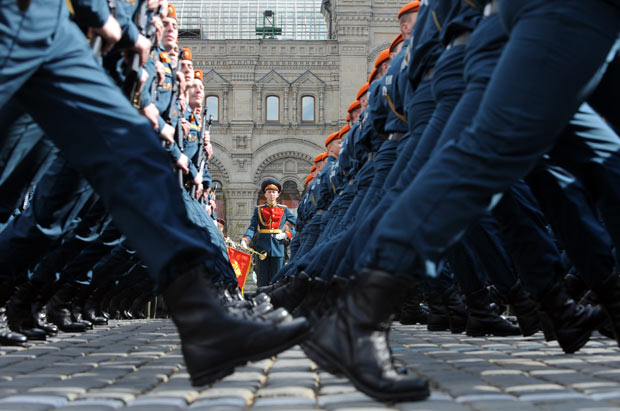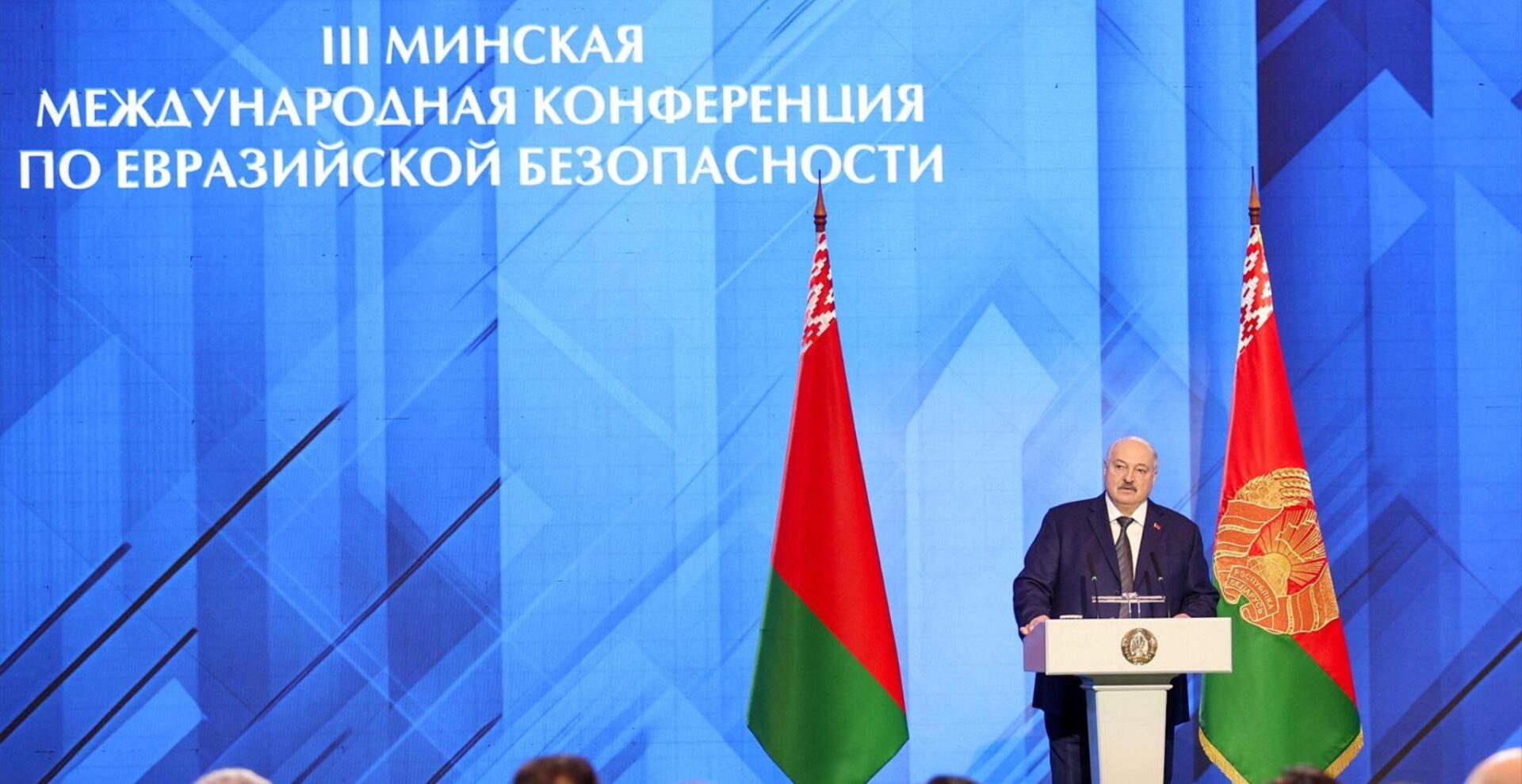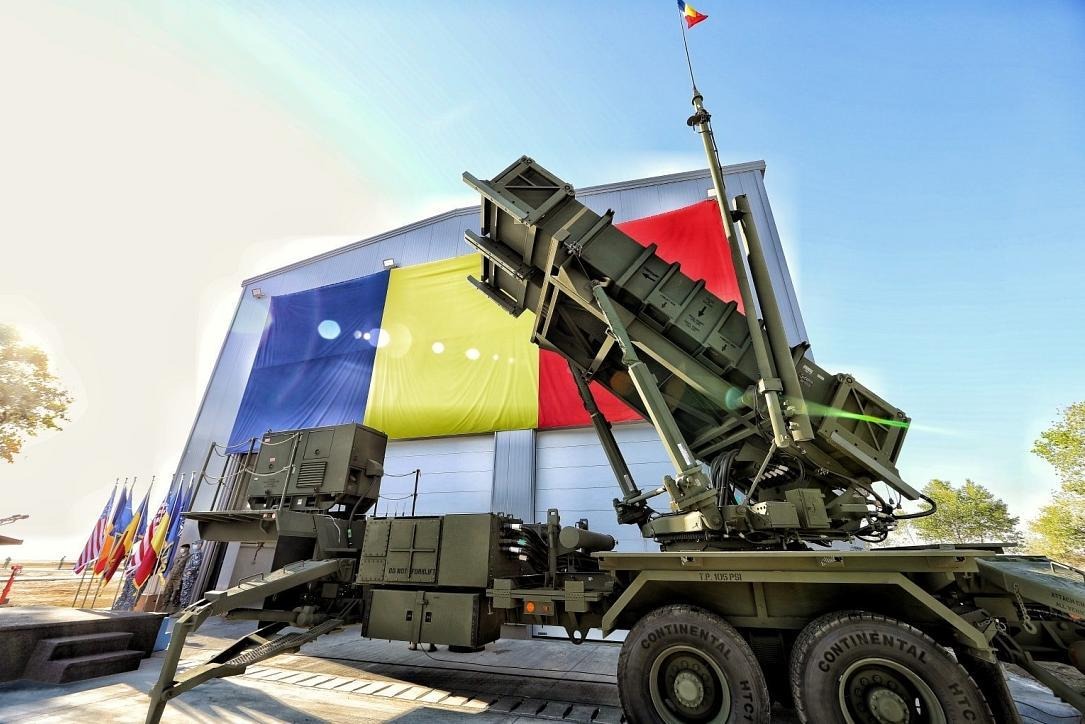
Moscow Reassesses Junior Command In the Armed Forces
Moscow Reassesses Junior Command In the Armed Forces
A recurring theme in the ongoing transformation of Russia’s Armed Forces has been planning and discussion on the future of junior command. Its prominence has fluctuated as the focus of attention centered on the dubious experiment to develop an elite professional non-commissioned officer (NCO) cadre through two years and ten month courses in Ryazan. The NCO issue has resurfaced in the context of pre-election claims to be staking the future of military manpower on vastly boosting the numbers of contract personnel. Without first defining the type of NCO model envisaged and planning to actually introduce this into the manning system, any move toward a semi-professional force will be doomed to fail. Modeling the concept for NCO development now centers on a tiered structure resembling the US NCO system, however the process may be less theoretically calibrated than rooted in recognizing the profound failings of the current transformation. If correct, major changes can be anticipated in how the Russian military is structured and in the relationship between officers and enlisted personnel (https://gazeta.ru/politics/2011/10/05_a_3790702.shtml).
In the future, Russia’s Armed Forces will have an NCO cadre divided into five categories. The first level will be professionals such as drivers and the second category consists of the sergeant commander. The third category will include commanders, deputies, senior NCOs and technical specialists, while the fourth and fifth layers will be new: command-sergeants and administrators selected by competition from among the first three categories. This latest incarnation of NCO modeling appears promising on paper, but it lacks a clear timescale for introducing these sergeants. Moreover, it is unclear how and where they will be trained (https://gazeta.ru/politics/2011/10/05_a_3790702.shtml).
During a roundtable discussion in Moscow earlier this month, focusing on the problems experienced by junior commanders, Major Aleksandr Shikunov, a commander of a Pacific Fleet Naval Infantry Brigade Headquarters company, explained that as a result of the rapid downsizing of the officer corps in 2008-2010, the burden on company commanders had increased. This was linked to the large-scale cuts to the numbers of educational-indoctrination officers working in the units, resulting in shifting much of this responsibility to company commanders. Consequently, these officers were taken up with meetings, providing information on personnel, or communicating with the parents of servicemen. The burden of paperwork is particularly acute at this level. Shikunov also criticized the decision to terminate the training of signals specialists at the Kemerovo signals school for the army and navy. In the 1990s they were trained as warrant officers in courses lasting two years; now junior commanders have to train such personnel seeking to enter specialist positions on a contract. He also blasted the reduction in the term of conscript service to twelve months which does not permit sufficient time to train signals or other specialists. Shikunov stated that junior commanding officers were becoming more reliant upon contract NCOs in order to cope with their increasing workload (Krasnaya Zvezda, October 7).
Captain Aleksey Kuptsov, a commander of a motorized rifle company in Eastern Military District (MD) underscored the level of the overburdening on this layer of command. Originally the idea was to assign an expanded role to NCO personnel following the abolition of the company deputy commander for educational and indoctrination work. Instead of NCOs picking up the slack, it frequently passed company commanders. Twelve month serving conscripts cannot master the basics of any military specialism, and Kuptsov confirmed that this is annoying for commanders as they simply see no return for the effort they invest in training their subordinates. Naval Captain Lieutenant Ilya Ivanov, head of the communications and electronics department of the large amphibious warfare ship Georgiy Pobedonosets in the Northern Fleet concurred that the level of training remains insufficient. Characterizing the instruction process generally as “insufficient” Ivanov said these servicemen enter service in the Navy without in-depth study or training. The naval captain also lamented the volume of paperwork: “When a ship is at its base, around 80 percent of the working time is spent compiling plans, records, and various documents. Because of this, there is less and less time for work with subordinates” (Krasnaya Zvezda, October 7).
Senior Lieutenant Aleksandr Maydankin, a company commander in a Motorized Rifle Brigade in Southern MD commented on the scale of the challenges facing company commanders. Since graduating from the military command school in 2007, Maydankin has served in a Motorized Rifle Brigade in Dagestan. His main criticism of the quantity of paperwork is the duplication involved, which he finds entirely incomprehensible. This is exacerbated by the frequency of meetings at various levels or protracted parades, all of which reduces the time devoted to working with personnel. Consequently, junior commanders are in no hurry to pursue promotion; their levels of morale and motivation are low. “In desperation the command is forced to promote servicemen who lack initiative and are afraid of hard work. The exceptions are those who are dreaming of making a career,” Maydankin concluded (Krasnaya Zvezda, October 7).
Many of these problems stem from the failure by the Russian defense ministry to address the deeper issue of NCO development. Equally, these weaknesses result from poor quality central planning. There is little in the nature of the critical views expressed by company commanders that appears surprising, but what is worth noting is how openly and pointedly they are being aired in the official defense ministry publication Krasnaya Zvezda. Part of the solution lies in reforming the NCO cadre, but this must be complemented by real officer corps reform, properly planned and sequenced. While the defense ministry leadership fumbles in the dark under the direction of a minister whose credentials to guide the Armed forces through a protracted period of uncertainty are far from adequate, the level of progress may be limited if not simply virtual. But something needs to be done otherwise de-motivated and over-burdened junior commanders will languish in a mess in peacetime and potentially pay a high price in combat operations.


